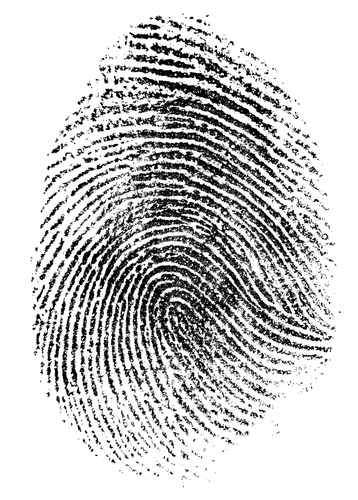 Theft laws in California are a broad class of crimes. Included within the definition of theft is identity theft (also known as stealing someone’s identity). In many instances, this crime is committed on the Internet, or it can happen by digging through documents in a trash can. In some circumstances, someone can intercept a credit report of another and get personal information about that person’s finances. Because of the flow of personal information in our society, identity theft is becoming one of the fastest growing crimes in this country. In fact, many times this crime is committed by a group of fraudulent actors who work together to steal personal information. (Sometimes these groups are called crime rings.)
Theft laws in California are a broad class of crimes. Included within the definition of theft is identity theft (also known as stealing someone’s identity). In many instances, this crime is committed on the Internet, or it can happen by digging through documents in a trash can. In some circumstances, someone can intercept a credit report of another and get personal information about that person’s finances. Because of the flow of personal information in our society, identity theft is becoming one of the fastest growing crimes in this country. In fact, many times this crime is committed by a group of fraudulent actors who work together to steal personal information. (Sometimes these groups are called crime rings.)
Identity theft involves acquiring key pieces of someone’s identifying information, such as name, address and date of birth, bank account numbers, health insurance identification number, social security number and mother’s maiden name. This information enables the identity thief to commit numerous forms of fraud that include, taking over the victim’s financial accounts, opening new bank accounts, purchasing automobiles, applying for loans, obtaining credit cards, using social security benefits, renting apartments and establishing services with utility and phone companies.
California Penal Code Section 530.5 defines identity theft as using information “for any unlawful purpose” including obtaining “credit, goods, services or medical information” in someone else’s name without that person’s permission.
This means that if you use someone else’s identity to avoid an arrest or you give someone else’s identity during an arrest; if you attempt to obtain a credit card in someone else’s name; if you attempt to attain someone else’s medical records using that person’s name; or if you attempt to buy something on the Internet while posing as another person: you can be charged with identity theft.
Stealing a person’s identity is a serious crime in the state of California. In fact, identity theft can be charged as either a misdemeanor or a felony. Such crimes that can be duly classified are called “wobblers.” If you are charged with misdemeanor identity theft, you can be punished with up to one year in county jail. If you are charged with felony identity theft, you can be punished with a sentence in state prison. In the case of a wobbler crime, such as identity theft, it is up to the prosecutor to decide which charge the defendant will face. If you are convicted of stealing someone’s identity, the judge will determine your sentence based on the misdemeanor or felony nature of the charge.
In addition to jail and/or prison sentence, identity theft can be punishable by a fine of up to $10,000.
If you have been arrested for identity theft or using someone’s information to obtain credit card fraud, it is imperative that you speak with a California defense attorney who has experience defending these types of charges. There is hope when facing a misdemeanor or a felony identity theft charge, but you must be proactive. Speak with and hire a lawyer who understands the laws and understands you.


